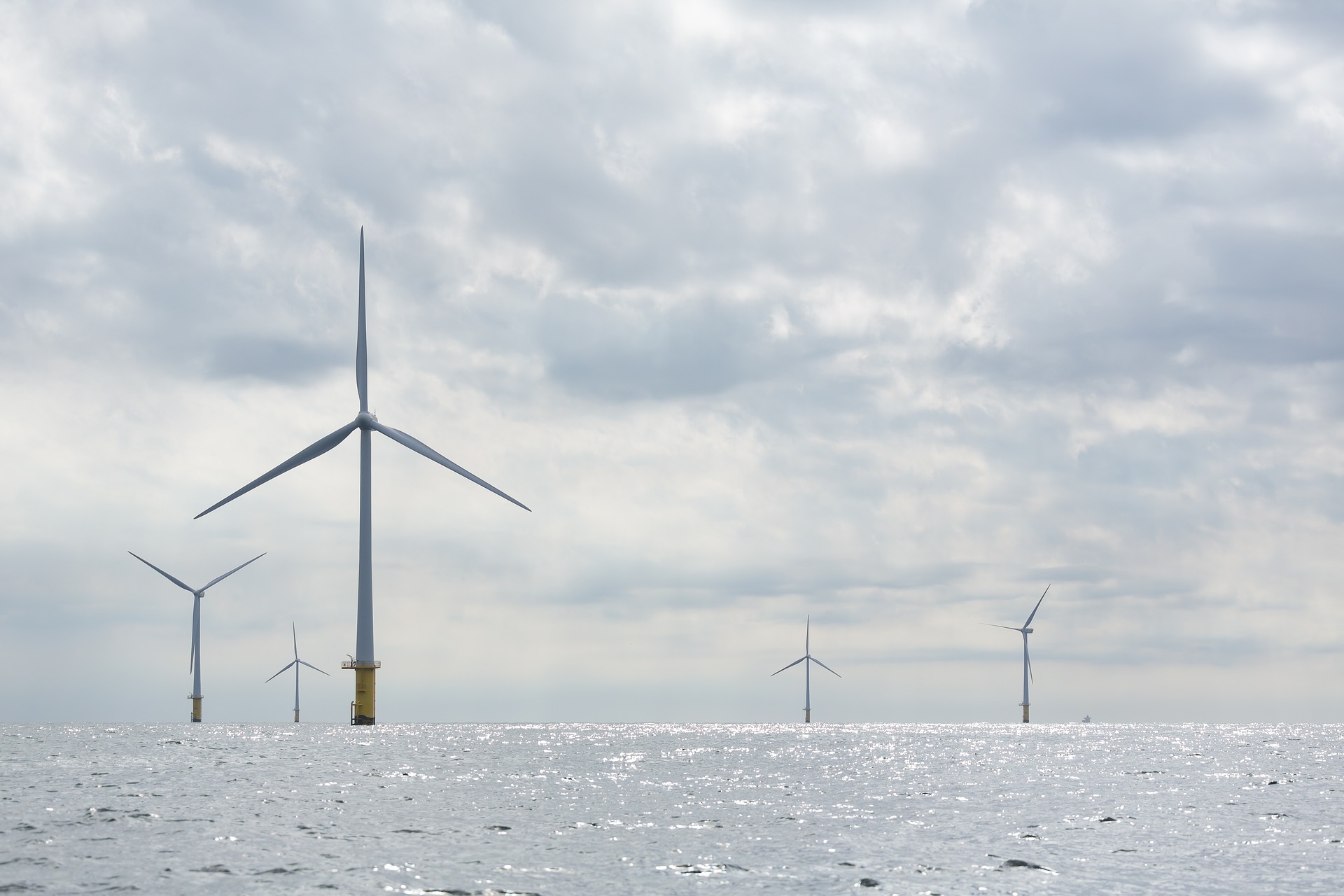Environmentalists sue state over North Sea “industrial complex”

Environmental organisations Stichting Doggerland en ARK Rewilding Nederland are suing the Dutch state for infringing agreements to protect areas of great natural importance in the North Sea by allowing and promoting harmful industrial activities.
The three North Sea Natura 2000 areas are part of a network of EU-protected areas, the preservation of which is anchored in Dutch law in the Dutch Nature Conservancy Act of 1998. Doggersbank, Klaverbank and Fries Font are home to seals, shellfish reefs, and porpoises and cover around 15% of the North Sea, only 1% of which is properly protected, the organisations claim.
The infrastructure ministry, which is responsible for making sure flora and fauna in the areas are not affected by industrial activity is failing to do so, Emilie Reuchlin, director of the Stichting Doggerland told the NRC.
“That means the state is acting against its own law,” she said.
Following the successful Urgenda court cases against the state over climate and greenhouse gas emissions, the organisations now hope to force the government to carry out the agreed measures to protect the North Sea.
The organsations pointed out that the protected status of the areas has not prevented industrial activities there from continuing and even intensifying. These include shipping, army exercises, gas extraction, offshore wind farms and underwater activities which produce harmful sounds such as sonar, and helicopter flights to drilling platforms.
The management plans for the North Sea Natura 2000 areas look like “maps of an industrial complex aimed primarily at protecting existing industrial activities,” Reuchlin said.
The organisation are also questioning the independence of engineering firm HaskoningDHV which was hired to investigate the effects of the activities on the environment.
It will be months before the case comes to court but if successful it could have big consequences for industrial activity in the North Sea, including gas extraction, the construction of wind farms and shipping.
According to professor of environmental law Chris Backes, the success of the court case is not guaranteed. “Efforts have been made since Urgenda but not all have been successful. The state has a lot of leeway in the way it achieves self-imposed goals,” he told the paper.
The transport ministry’s waterways department declined to comment on the case.
Thank you for donating to DutchNews.nl.
We could not provide the Dutch News service, and keep it free of charge, without the generous support of our readers. Your donations allow us to report on issues you tell us matter, and provide you with a summary of the most important Dutch news each day.
Make a donation